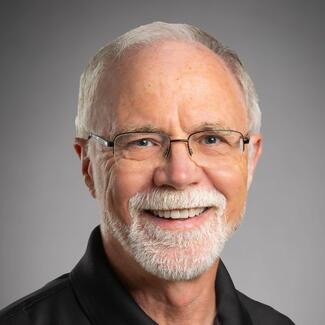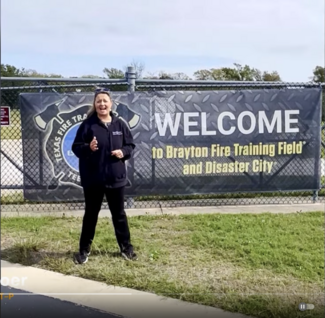Pikes Peak region health care, IT leaders work to find solution for sharing information
Aug. 14--The Pikes Peak region holds the building blocks for a thriving information technology sector focused on health care, including strong hospital systems, a major military presence and universities, industry experts say.
Now the question is: How can health care providers communicate with each other -- especially without a disastrous data breach?
Aiming to solve that problem, dozens of health care and information technology leaders met Thursday with the goal of creating a center of excellence to safely share health information.
Spearheaded by the Colorado Springs Regional Business Alliance, the effort comes as hospitals, doctors and public health organizations across the nation try to better communicate patient data using electronic health records. But myriad barriers stand in the way -- making a center critical, said Lynne VanArsdale, who helped organize Thursday's meeting.
"That's what this is all about -- is putting our heads together and seeing can we do this?" VanArsdale said. "We have strength in cybersecurity. We have strength in health care IT. Let's put those together and try to create something that the world can learn from us."
The center would likely exist as a collaborative, rather than an entity housed in a building with paid staff, said Lynn Jones, a spokeswoman for Colorado Springs Health Partners who helped organize Thursday's meeting.
But no further definition exists yet. The center remains in its infancy, and Thursday's meeting sought to move it from a poorly defined, nascent goal toward a concrete initiative.
Once up and running, the benefits could be immense, industry experts said.
Operating as a well of information and expertise, the center could help more health care providers better communicate. Once they are able to safely share patient records, family practice doctors, psychiatrists and physical therapists could ensure doctors don't duplicate efforts or recommend conflicting treatments.
Importantly, sharing data offers a more holistic treatment model because each person could treat underlying conditions -- such as attacking diabetes with medication, a regiment to stem obesity and therapy to treat any psychological conditions that may exacerbate the condition, experts said Thursday.
Immense challenges remain before physicians and hospitals see those benefits, however.
Different medical practices use different electronic health records systems, stymieing communication between them. Hackers also have increasingly targeted patient records, exposing gaps in data security.
One of the biggest issues boils down to a lack of trust between health care providers.
"We live in such an information-sharing arena that we have to be able to share with one another," said Pete Judiscak, a panelist with Safety Pete Consulting.
That's where the center might step in, organizers said, and nearly 50 people offered their ideas Thursday for how the center could help.
Some people suggested culling expertise from banks and utilities operators who are well-versed in cybersecurity. Others voiced a need for it to include chiropractors, nutritionists and other forms of treatment often left out of the conversation.
"We have the players -- it's just a matter of getting focused," said Debbie Chandler, chief executive of Colorado Springs Health Partners, told a work group.
Copyright 2015 - The Gazette (Colorado Springs, Colo.)
















